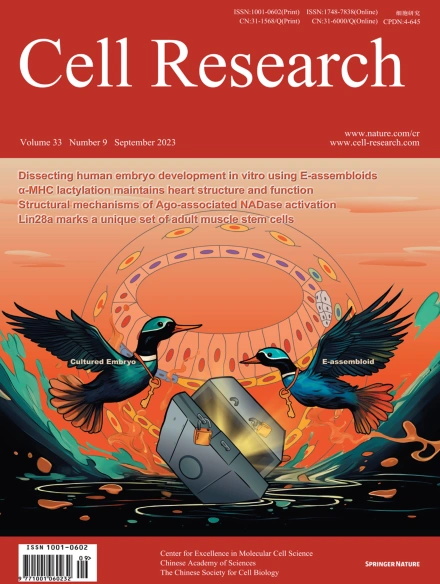
Advanced Search
Submit Manuscript
Advanced Search
Submit Manuscript
Volume 33, No 9, Sep 2023
ISSN: 1001-0602
EISSN: 1748-7838 2018
impact factor 17.848*
(Clarivate Analytics, 2019)
Volume 33 Issue 9, September 2023: 649-650
Treating lung cancer: defining surgical curative time window
Fangqiu Fu1,2,3 , Zongwei Chen2,4 , Haiquan Chen1,2,3,*
1Department of Thoracic Surgery and State key Laboratory of Genetic Engineering, Fudan University Shanghai Cancer Center, Shanghai, ChinaLung cancer remains the leading cause of cancer-related deaths worldwide. Despite the great strides made by emerging treatment regimens, such as targeted therapy and immunotherapy, surgery remains the sole effective method of cure for early-stage non-small cell lung cancer (NSCLC). As the disease progresses from early to advanced stages, the 5-year survival rate decreases drastically. Even for stage I NSCLC, the 5-year recurrence-free survival (RFS) barely reaches 80% after surgical resection with curative intent,1 indicating that ~20% of patients experience disease recurrence within 5 years and are not definitively “cured”. Currently, there is no definite way to predict lung cancer recurrence individually. With the clinical application of low-dose computed tomography (LDCT) in lung cancer screening, some patients meeting certain requirements achieve 100% 5-year RFS after surgical resection, suggesting that they are definitely cured. However, there still remains a lack of clarity regarding the characteristics of this particular group. We propose that defining the curative time window, during which patients attain definite cure without overdiagnosis and overtreatment, would better guide clinical management of lung cancer.
https://doi.org/10.1038/s41422-023-00852-w